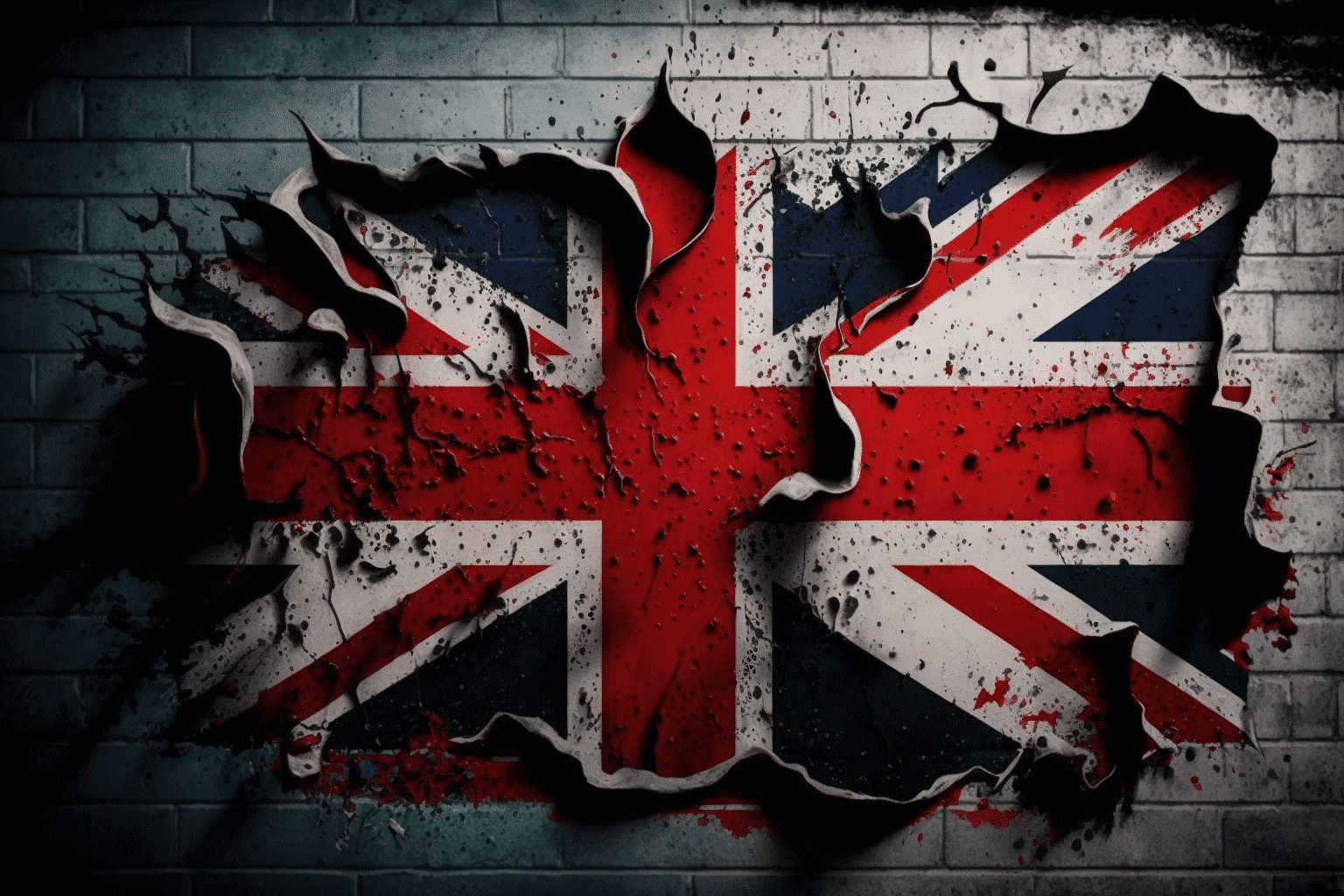The UK’s declining art market and its fall behind global competitors in creative goods and services exports are being attributed in part to Brexit, according to a report from the House of Lords.
The report criticizes the government’s approach to the arts as complacent and incoherent and warns that the UK’s competitiveness will only decline if senior figures take the creative industries more seriously.
Three fairs were cancelled, including Masterpiece, due to the pandemic, spiralling costs, and Brexit, leading to a drop in European exhibitors and significant revenue losses.
Lucie Kitchener, CEO of Masterpiece, says the pandemic delayed Brexit’s impact and that it has contributed to the UK’s ability to address it.
The director general of the Society of London Art Dealers, Paul Hewitt, says Brexit has led to the UK losing businesses and its lustre due to the increased regulatory burden.
A survey commissioned by SLAD and authored by cultural economist Clare McAndrew shows that 75% of members are very or moderately concerned about transporting art across borders due to Brexit.
The burden of regulation has become a concern for 78% of dealers who participated in a survey, particularly with regard to the UK’s anti-money laundering regulations introduced in 2020.
The regulations are seen as heavy-handed, leading to the perception of the UK as a less friendly place to do business with international dealers.
To address this, the government is advised to incentivize UK-based buyers, support tax relief for creative businesses, and promote all aspects of the UK’s art ecosystem.
Some members of the trade suggest removing import VAT on art to improve competitiveness, while others believe the UK can still compete successfully in the art market despite the current economic climate.
The creative sector was valued at £115.9bn in 2019, making up 6% of the UK’s GDP, surpassing the combined aerospace, automotive and life sciences industries.
Despite the challenges faced by the art market in the UK, it remains a significant contributor to the country’s economy, accounting for nearly 6% of the UK’s total gross value added in 2019.
While regulation may be seen as a burden by some, it is also seen as necessary for a fair and transparent market.
Efforts to incentivize domestic buying, improve tax relief support, and potentially remove import VAT may help the UK remain competitive as a global art market hub.
Despite a challenging macroeconomic climate, the industry remains optimistic about its ability to succeed.
